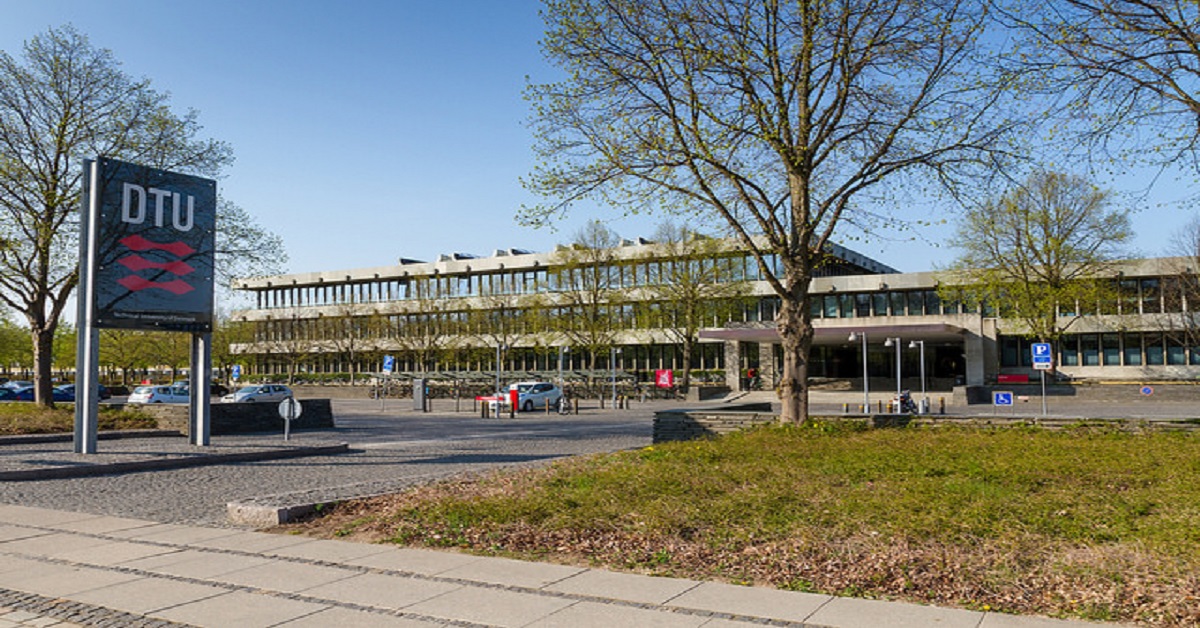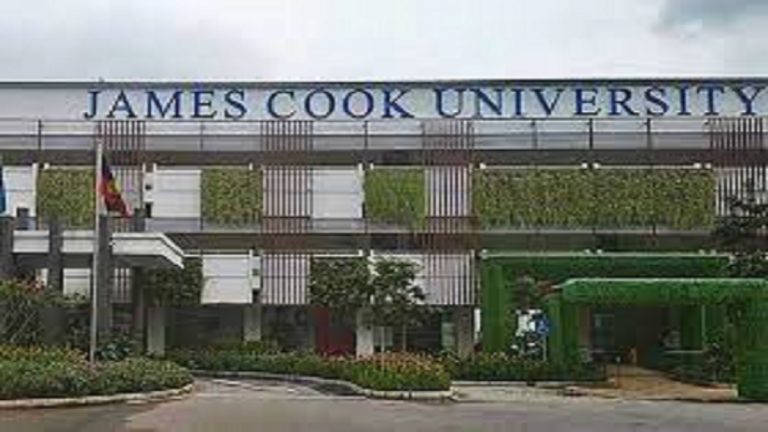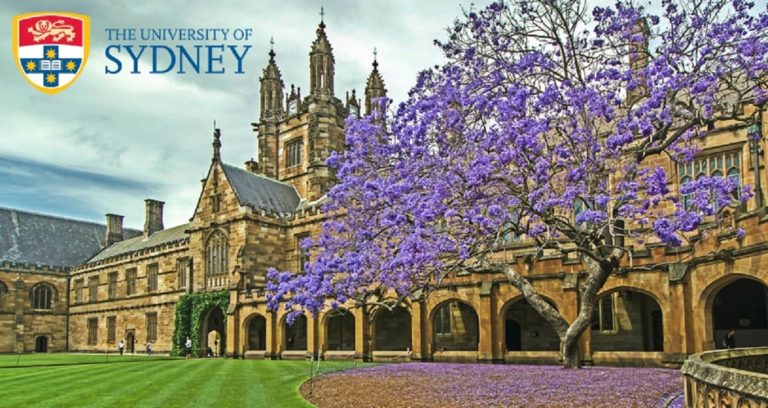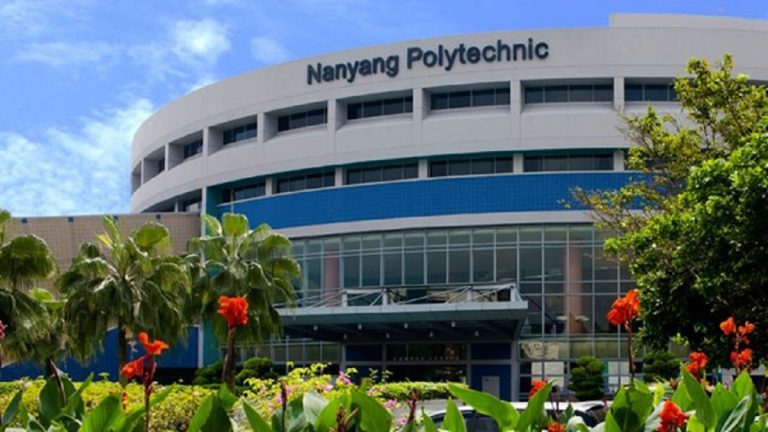
PhD scholarship in Supercontinuum Laser Spectroscopy on investigating different spectroscopic techniques and broadband supercontinuum lasers
If you have a passion for experimental laser physics and would like to pursue a career within advanced spectroscopic techniques for chemical and gas detection, then this is the ideal opportunity for you!
This PhD scholarship in Supercontinuum Laser Spectroscopy will allow you to develop your skills as an independent scientist, working in a state-of-the-art photonics laboratory and combining exploratory research with a possibility for collaboration with both industry and academic partners.
Your PhD project will be focused on investigating different spectroscopic techniques and combine them with broadband supercontinuum lasers to achieve sensitive and specific detection of a broad range of molecules. These techniques include: attenuated total reflectance (ATR), fiber evanescent wave spectroscopy (FEWS), and multi-pass cell (MPC) gas spectroscopy. The goal of the project is to demonstrate new applications, such as in situ soil analysis and monitoring of environmental pollutants in water and air.
You will work alongside a team of colleagues that are currently developing the next generation of supercontinuum lasers at the Fiber Sensors & Supercontinuum group, Department of Electrical and Photonics Engineering (DTU Electro), Technical University of Denmark (DTU). The group is headed by Prof. Ole Bang, and your main supervisor will be researcher Dr. Christian Rosenberg Petersen.
Responsibilities and qualifications
Your primary responsibility will be to build a spectroscopic detection system to detect molecular vibrational absorption in the mid-infrared (2-10 μm, 5000-1000 cm-1).
Your primary tasks will be to:
- Design and build up an absorption spectroscopic detection system that is compatible with various different sample techniques (ATR, FEWS, multi-pass gas cell).
- Perform absorption spectroscopy experiments using a mid-infrared supercontinuum laser on various samples to verify and calibrate the setup.
- Investigate different sample types (solid, liquid, gas) and complexities that mimic real-life applications, e.g. soil analysis.
You should have experience working with:
- Optics
- Lasers
Other useful experience includes:
- Spectroscopy
- Spectral data analysis
- MATLAB
- Fiber-optics
You must have a two-year master’s degree (120 ECTS points) or a similar degree with an academic level equivalent to a two-year master’s degree.
Approval and Enrolment
The scholarship for the PhD degree is subject to academic approval, and the candidate will be enrolled in one of the general degree programmes at DTU. For information about our enrolment requirements and the general planning of the PhD study programme, please see DTU’s rules for the PhD education.
Assessment
The application will be assessed by Researcher Christian Rosenberg Petersen and Professor Ole Bang.
We offer
DTU is a leading technical university globally recognized for the excellence of its research, education, innovation and scientific advice. We offer a rewarding and challenging job in an international environment. We strive for academic excellence in an environment characterized by collegial respect and academic freedom tempered by responsibility.
Salary and appointment terms
The appointment will be based on the collective agreement with the Danish Confederation of Professional Associations. The allowance will be agreed upon with the relevant union. The period of employment is 3 years.
You can read more about career paths at DTU here.
Further information
Further information may be obtained from Dr. Christian Rosenberg Petersen, [email protected] / +45 4525 5906 or Professor Ole Bang, [email protected] / +45 4525 6373.
You can read more about DTU Electro at www.fotonik.dtu.dk/english.
If you are applying from abroad, you may find useful information on working in Denmark and at DTU at DTU – Moving to Denmark.
Application procedure
Your complete online application must be submitted no later than 18 July 2022 (Danish time). Applications must be submitted as one PDF file containing all materials to be given consideration. To apply, please open the link “Apply online”, fill out the online application form, and attach all your materials in English in one PDF file. The file must include:
- A letter motivating the application (cover letter)
- Curriculum vitae
- Grade transcripts and BSc/MSc diploma (in English) including official description of grading scale
You may apply prior to obtaining your master’s degree but cannot begin before having received it.
Applications received after the deadline will not be considered.
All interested candidates irrespective of age, gender, race, disability, religion or ethnic background are encouraged to apply.
Photonics at the international forefront
DTU Fotonik has 220 employees with competences in optics and is one of the largest centers in the world based solely on research in photonics. Research is performed within optical sensors, lasers, LEDs, photovoltaics, ultra-high speed optical transmission systems, bio-photonics, nano-optics and quantum photonics.
Technology for people
DTU develops technology for people. With our international elite research and study programmes, we are helping to create a better world and to solve the global challenges formulated in the UN’s 17 Sustainable Development Goals. Hans Christian Ørsted founded DTU in 1829 with a clear vision to develop and create value using science and engineering to benefit society. That vision lives on today. DTU has 13,400 students and 5,800 employees. We work in an international atmosphere and have an inclusive, evolving, and informal working environment. DTU has campuses in all parts of Denmark and in Greenland, and we collaborate with the best universities around the world.
Apply for this job
Apply no later than 18 July 2022
Apply for the job at DTU Fotonik by completing the following form.APPLY ONLINE


